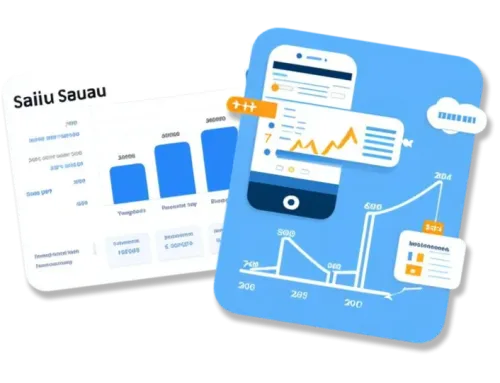The rise of remote and hybrid work arrangements has significantly reshaped the IT recruitment landscape. As companies increasingly adopt flexible working models, IT recruitment consultants are adapting their strategies to meet this evolving demand. This shift has not only changed the way consultants source candidates but has also expanded the talent pool, offering both opportunities and challenges.
The Growing Demand for Flexible Work Arrangements
The demand for remote and hybrid work arrangements has surged in recent years, driven by technological advancements and changing employee expectations. Remote work, once seen as a niche option, has become a mainstream expectation for many IT professionals. Hybrid models, which combine remote and in-office work, offer a flexible alternative that caters to various preferences and needs. These arrangements provide employees with the freedom to balance work and personal life more effectively while maintaining some level of in-person collaboration.
Adapting Recruitment Strategies
IT recruitment consultants are adapting to these changes by refining their sourcing strategies to find candidates who are not only technically skilled but also adept at working remotely. This involves evaluating candidates for qualities that are essential for remote work success, such as self-discipline, communication skills, and the ability to manage time effectively. Consultants are increasingly looking for candidates who have a proven track record of remote work or who demonstrate strong potential to thrive in a virtual environment.
Expanding the Talent Pool
One of the most significant advantages of remote and hybrid work models is the expansion of the talent pool. Geographic location is no longer a limiting factor, allowing companies to access a wider range of skills and expertise. This is particularly beneficial for IT roles, where specialized skills are often in high demand. By sourcing candidates from different regions or countries, consultants can connect clients with top talent that might not have been available within a local market.
Challenges and Considerations
While the expansion of the talent pool presents opportunities, it also introduces challenges. Ensuring that remote candidates are a good cultural fit and can effectively collaborate with in-house teams requires careful assessment. Consultants need to consider factors such as time zone differences, communication preferences, and the ability to work independently. Additionally, remote work can present logistical challenges, such as providing the necessary technology and support for home offices.
Future Outlook
As remote and hybrid work arrangements become increasingly prevalent, IT recruitment consultants will need to continue evolving their approaches. This includes staying updated on the latest remote work tools, understanding new dynamics in team collaboration, and addressing any legal or compliance issues related to remote employment. Consultants who effectively navigate these challenges will be well-positioned to support clients in finding and retaining top talent in a flexible work environment.
In summary, the growing demand for remote and hybrid work arrangements is transforming IT recruitment consulting. By adapting their strategies to focus on remote-friendly candidates and leveraging the expanded talent pool, consultants are helping companies successfully navigate the evolving landscape of work. As remote work continues to gain traction, ongoing adaptation and innovation in recruitment practices will be crucial for maintaining competitiveness and meeting the needs of both employers and job seekers.


